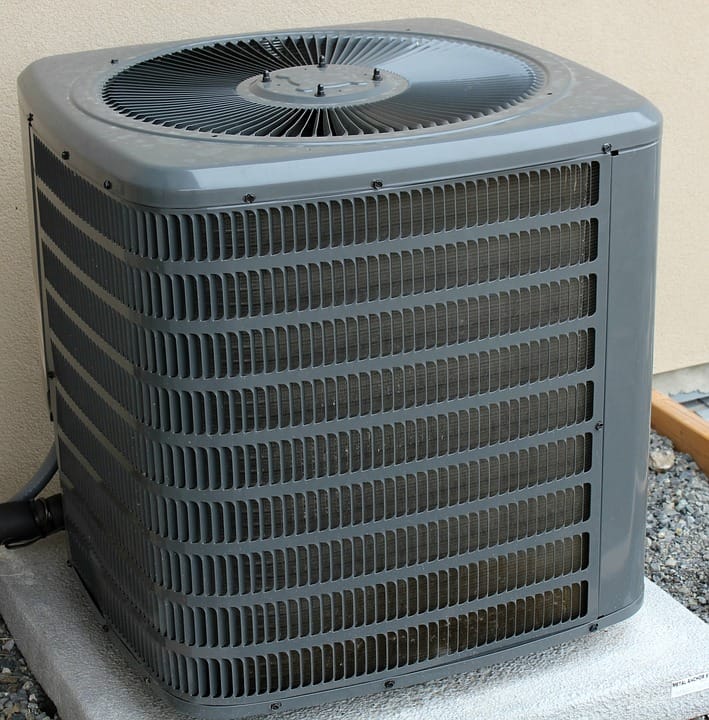When the humidity and heat in the air outside rises, homeowners use their AC units to maintain a comfortable home temperature. The levels of humidity are important when it comes to the comfort of the home and the performance of the HVAC system in the warm and cold weather.
Since one primary importance of an AC system is the removal of excess humidity from the air inside the house, it goes without saying that the process can be hard for an air conditioning equipment and it can affect the efficiency of the unit as the season of warm weather approaches.
We are going to look at some of the problems that come along with humidity and the solutions that can help you get a good home environment in various seasons.
Humidity and central air conditioning units
When your air conditioning unit is working well, it will get rid of the moisture and heat from the living area, giving you a comfortable home area for your use. If that is not the case, you will have a hard time enjoying your stay in your house regardless of the settings you place.
During times of high humidity, the air conditioning unit will have to work very hard to ensure that you have an all year cooling Florida home. If you have an old system that is inefficient and requires an all year cooling duct cleaning, it may have difficulties in handling the job. You may experience heat in your home because the air in the house is packed with extra humidity that is not being removed in an ideal way. In this situation, the system will work even harder and longer without giving the result that is needed. The most likely result is that the unit will overwork, which can bring about high utility bills.
One common misconception is that a larger capacity AC unit will produce the much-expected result, and that is not the case. You need to have your system properly sized by a professional to fit your home. Now, if you have installed a central air conditioning system and you feel like you are an all year cooling owner, but you are not getting the desired results, one of the reasons might be excess moisture that is in the house. If this is the case, some of the common signals you will experience include:
- Foggy windows
- Moist air in your home
- The musty or damp smell in your home
These factors will help you to identify the presence of lots of humidity which will drive you to act immediately in order to adjust the levels of humidity in your home.
How to dehumidify
It is important to have a plan on how you will dehumidify before the humid, hot summer season starts. For the summer season, below 60% levels of humidity are what is recommended by experts. To manage moisture reliably and efficiently, request an expert to install a dehumidifier on your home air conditioning unit.
The work of the dehumidifier will be to work with the AC to remove excess moisture from the air before your home receives the air. A good AC professional will recommend to you a good dehumidifier that will fit well with your AC system. This option will help you to manage both the humidity and temperature of your home. Alternatively, you can buy a dehumidifier separately to manage the levels of humidity using a manual level indicator for humidity. You will have to monitor the levels of humidity and tur on the dehumidifier when you need to.
When you manage the levels of humidity during the summer season to have an all year cooling Florida, the A/C system will perform efficiently. The benefits you will have is added comfort and energy efficiency and you will also reduce the effects of high humidity.
